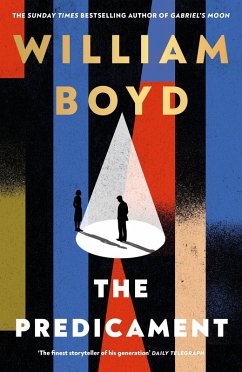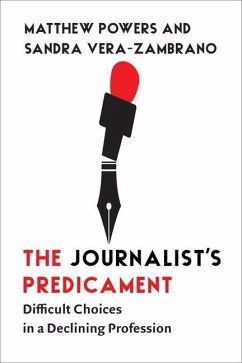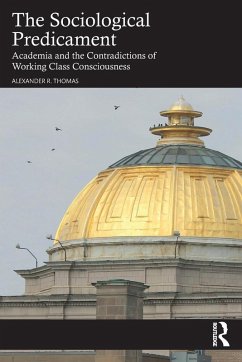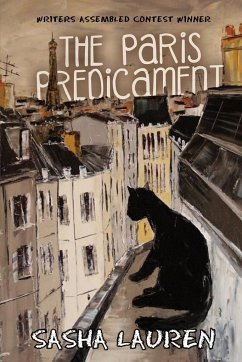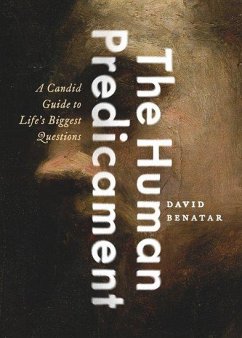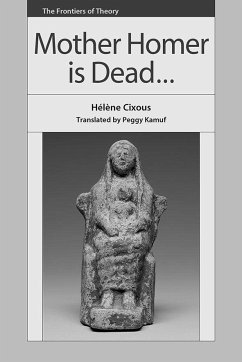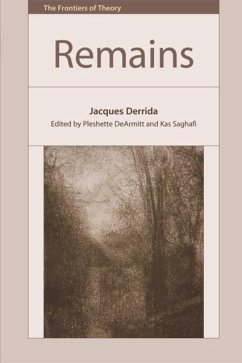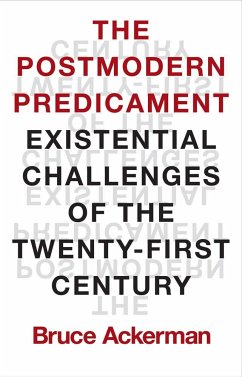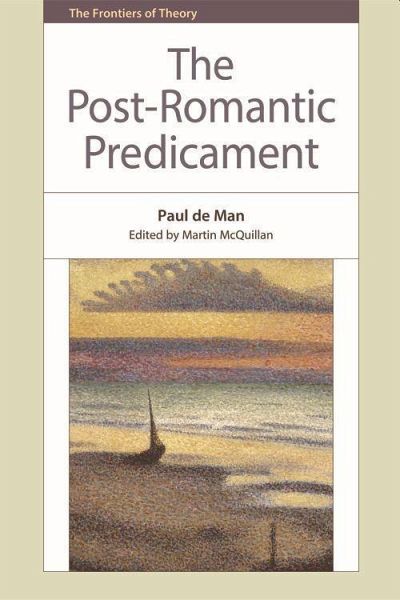
The Post-Romantic Predicament

PAYBACK Punkte
54 °P sammeln!
The first collection of texts by Paul de Man to follow the posthumous Aesthetic Ideology (1996), the title refers to de Man's Harvard thesis of the late 1950s, from which the long section on Mallarmà is reproduced. Also included are texts by de Man on Stefan George, as well as essays on Rousseau, Derrida, Symbolism and Keats.




